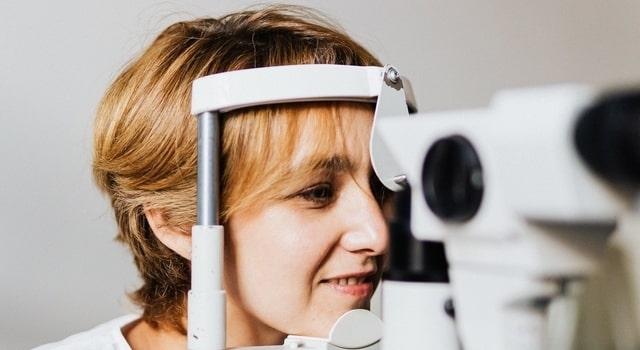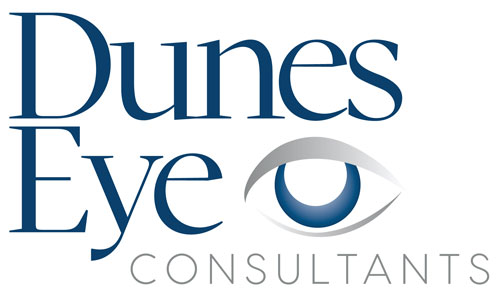
In the realm of health, early detection is paramount. This is especially true when it comes to eye health. Many eye conditions, including glaucoma, cataracts, and macular degeneration, can be better managed and treated if detected early. This blog will explore how comprehensive eye exams are crucial in early diagnosis and improved treatment outcomes.
What Are Comprehensive Eye Exams?
People may have limited experience with eye care. Many only undergo basic vision screenings, typically conducted at schools or during routine health check-ups. While these screenings are helpful, they are not a substitute for a comprehensive eye exam.
Comprehensive exams involve tests designed to evaluate your vision and check for eye diseases. These tests can include:
- Visual Acuity Test: Measures the sharpness of your vision
- Refraction Test: Determines your exact eyeglass prescription
- Eye Muscle Test: Checks the muscles that control eye movement
- Visual Field Test: Assesses your peripheral vision
- Slit-Lamp Exam: Allows the optometrist to examine the structures at the front of your eye
- Retinal Examination: Provides a detailed view of the back of the eye, including the retina and optic nerve
- Tonometry: Measures the pressure inside your eyes, which is crucial for detecting glaucoma
Why Early Detection Matters
Early detection through comprehensive eye exams can significantly improve treatment outcomes for various eye conditions. Here’s how:
Glaucoma
Glaucoma is often known as the "silent thief of sight" because it progresses without noticeable symptoms until significant vision loss has occurred. Regular comprehensive eye exams can detect glaucoma in its early stages, allowing treatment to begin before severe damage occurs.
Cataracts
Cataracts develop slowly and can lead to vision impairment if not treated. Early diagnosis through eye exams can help manage cataracts effectively. Sometimes, lifestyle changes and prescription glasses can help manage symptoms until surgery is necessary.
Macular Degeneration
Age-related macular degeneration (AMD) is a leading cause of vision loss among older adults. Early detection through comprehensive eye exams can help slow the progression of AMD. People commonly use treatments such as dietary supplements, laser therapy, and medications to manage the condition.
What to Expect at a Comprehensive Eye Exam
If you've only experienced basic vision screenings, you might wonder what to expect during a comprehensive eye exam. Here’s a brief overview:
- Medical History Review: Your optometrist will ask about your overall health, medications, and any vision problems you’re experiencing.
- Preliminary Tests: These may include a visual acuity test, depth perception test, color vision test, and eye muscle test.
- Refraction Assessment: This test helps determine the exact lens prescription needed for glasses or contact lenses.
- Eye Health Evaluation: Your optometrist will examine the front part of your eye using a slit lamp. A retinal examination will allow a detailed look at the back of your eye.
- Discussion of Results: After the tests, your optometrist will discuss the results. They will explain any findings and recommend treatment or management plans if needed.
For more details, visit our comprehensive eye exams page.
Take Charge of Your Eye Health
Regular comprehensive eye exams are an essential part of preventive healthcare. By detecting eye conditions early, you can protect your vision and maintain your quality of life. Request an appointment with Dunes Eye Consultants to ensure your eyes are in the best possible health.
